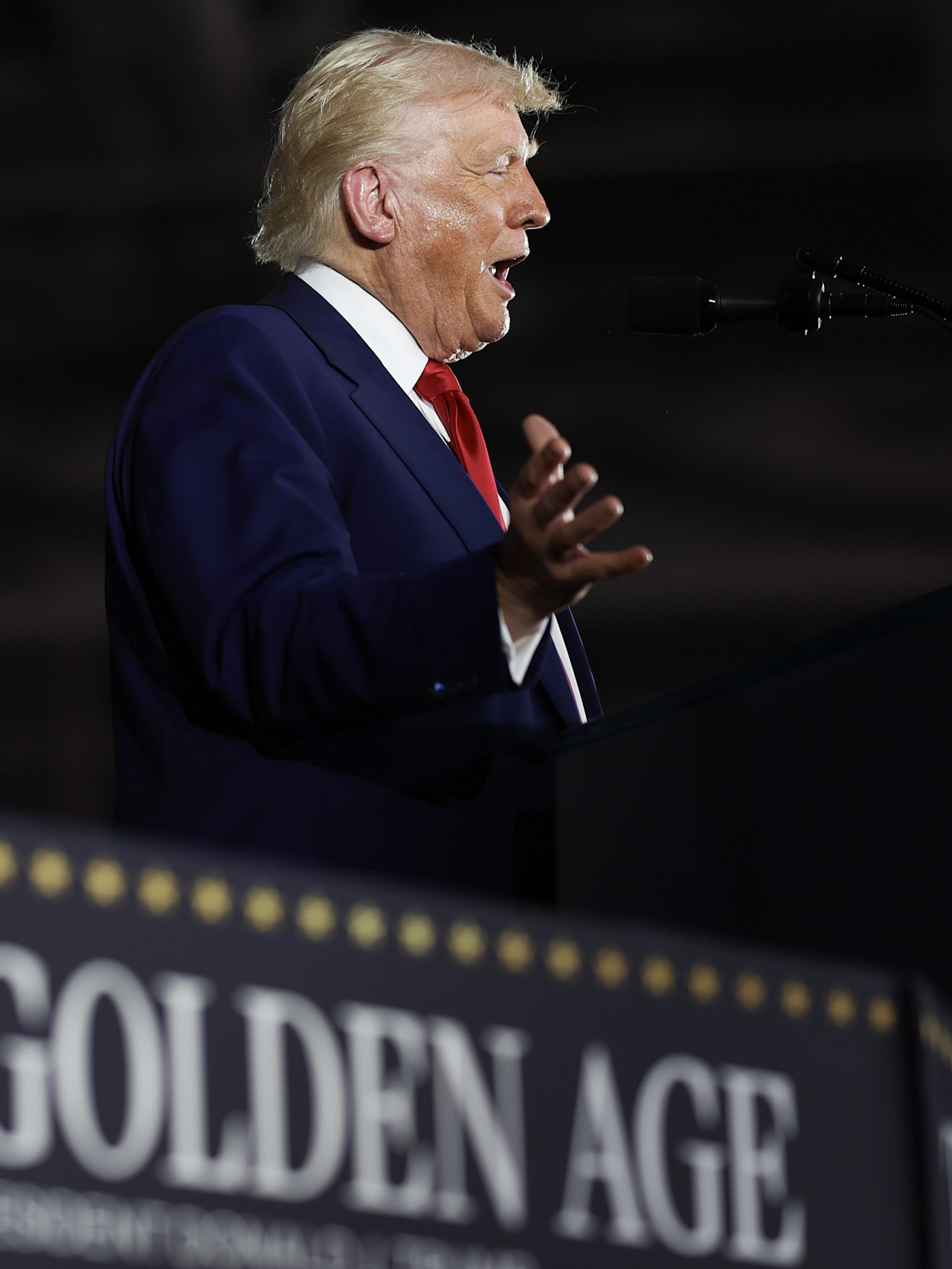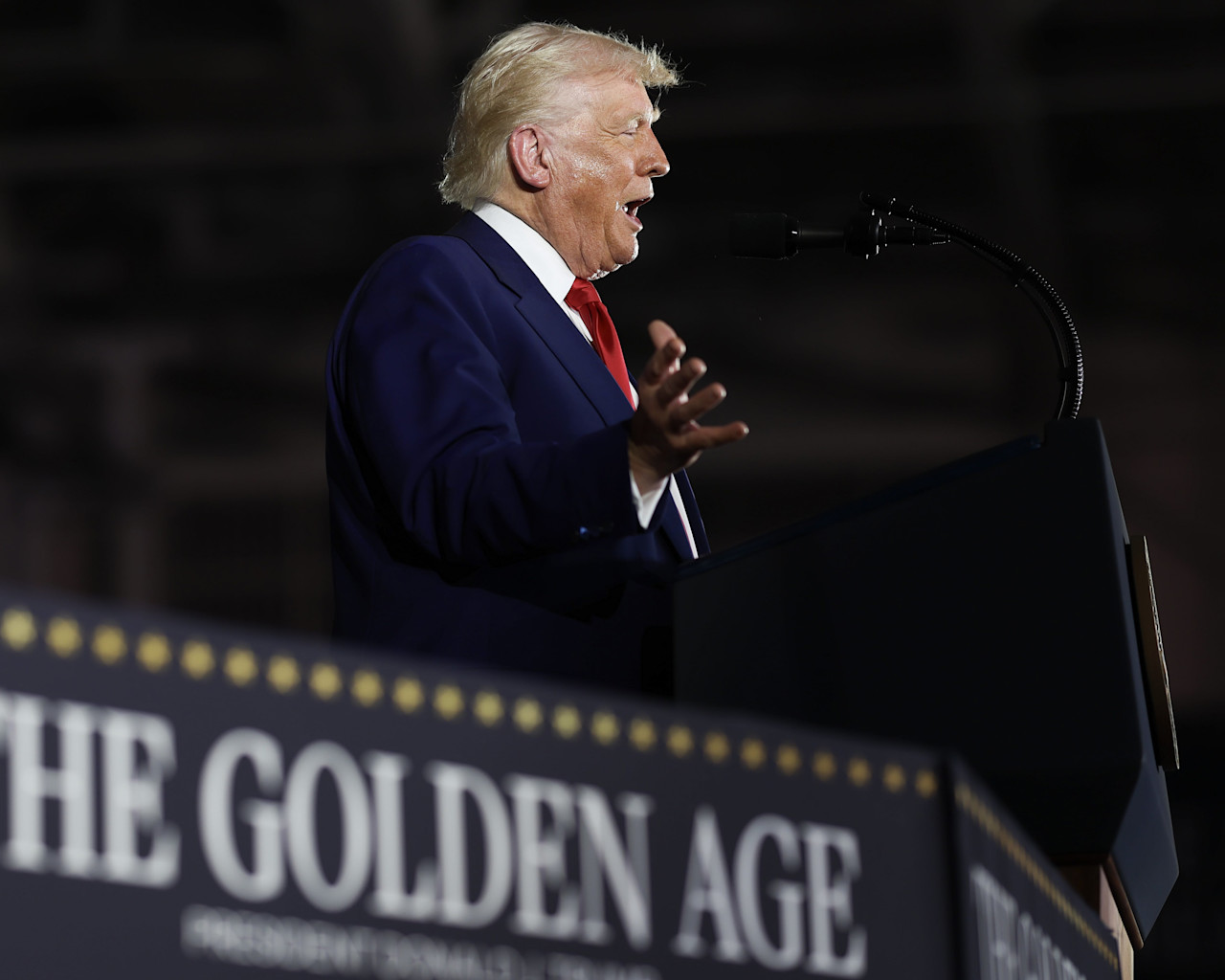

Decoding China’s equity market
Despite the size and significance of China’s economy and its busy secondary markets, many foreign investors remain skeptical. Jie Lu, Head of Investments China, discusses why an active strategy, based on well-resourced local research, can outperform.
Summary
- China isn’t a monolith so an active strategy is key
- Local research and insights matter more than macro newsflow
- China’s structural pain points are known and largely priced in
Generalization is not helpful. You cannot generalize about such a vast and diverse country and just ‘buy China’. For example, people care a lot about China macroeconomics, and the market index level, but I always advise investors to also pay attention at company level – to take an active approach. For example, at the macro level there has been a lot of negative news recently but the policy reaction is likely to benefit individual companies, or even subsets of the market. Any change in capital allocation or policy focus will lead to a new set of opportunities. That’s what investors should focus on. It’s difficult and requires knowledge, research and experience, but there’s no shortcut: an active investment strategy is vital. Look at a company’s fundamentals, not just earnings or projections, and understand whether their narrative is credible – and if the market is missing something or undervaluing something. To enable that you need boots on the ground, and that’s why we have a team of eight analysts, including me, with six in Shanghai and two in Hong Kong so we can understand what is happening.
What about the structural impediments that investors focus on?
I think the standard critique of China is understandable: that it's less efficient than the US, that corporate governance standards are inconsistent, and that key industries are somewhat controlled by central government. However, you have to acknowledge that to a degree it’s already priced in. It’s how you navigate this landscape that matters, and how good you are at understanding when these factors will impact sectors or individual companies.
And state involvement in public enterprises?
Some foreign investors are concerned about what proportion of the portfolio is in (State Owned Enterprises) SOEs, assuming that these could underperform and are, by definition, less efficient. In reality they are a diverse selection of companies and, depending on the industry, some have implemented management incentives and are becoming increasingly efficient. Also depending on the industry, some SOEs may have competitive advantages in certain market environments. For example, in the property sector we have preferred SOEs because we took a conservative approach and these companies have access to cheaper funding and less default risk compared to the private sector.
How about China’s tech sector?
Just as elsewhere, it’s very important to focus on real competitive advantage, especially for tech companies. In my first job after college I was at Motorola, and witnessed its rise to being an industry leader and fall to become just another player, overtaken by Nokia within a few years. That taught me to not be blinded by growth projections, and always bear in mind that you're just extrapolating. The risk of being disrupted by newcomers or new technology developments is just as real in China as it is in the US.
Corporate governance has, rightly or wrongly, been seen as a pain point for foreign investors in China. How do you see corporate governance in China 2022?
Corporate governance is an issue everywhere, even developed markets. In China, as in other markets, we use our ESG framework to identify red flags and adjust valuation accordingly. It’s not about finding ‘perfect’ companies; that isn’t possible, it’s about understanding the risks.
One of the key things we monitor that is more specific to China is how likely the management is to raise more capital and dilute investors, or outright sell down their shares. We look for patterns of behavior and the track record of the management team, and who the major shareholders are, in order to assess when to cut or exit. Sometimes that happens before we want to, and we take some profit because we believe that risk is in play. If you see a strong rally, out of the reasonable range, it often triggers us to cut our exposure.
Is China’s political continuity as a one-party state a positive or a negative for equity investors?
The answer is always pros and cons. You can certainly argue that things like infrastructure spending benefit from central planning and are more efficient and effective than other political systems. The power of the government to track and implement is an advantage. Looking back over the last decade, China invested heavily in the 4G and 5G network, which has helped internet penetration to every geography in China, and been the foundation of the technology boom in public markets. From a standalone basis, there wasn’t much incentive for single telecom companies to really invest in 4G only a few years after establishing a 3G network. They didn’t get the chance to pause and profit from 3G – it was all plowed back into investment. And again – China had a pretty consolidated market that could have used 4G for longer, just reaping the profit, but the government asked them to invest in 5G, and indirectly this helped the macro economy prosper because of the infrastructure. 5G penetration is greater in China than Europe or the US.
There are other examples of course - all the roads and transportation system logistics are way ahead of other economies bracketed as emerging markets, and that’s enabled China to build a strong ecommerce sector, for example.
What about the negatives?
In terms of cons we know from history that central planning can lead to malinvestment which has certainly happened in some sectors in China over the years. There’s inertia in the steel sector, for example, which is out of step with the majorly consolidated global industry. As investors, we build these industry dynamics into our assessment of individual companies.
The other potential challenge is that China’s regulators can move very fast. In the US, if an investigation is announced for anti-trust, for example, it’s a long legal process with an uncertain outcome. In China this moves faster, as with the recent regulatory crackdown in the tech space, so you have to be nimble as an investor and act quickly in response to government statements and actions.
Finally, for an investor with net-zero objectives is China exposure appropriate?
Yes, absolutely. There are key strategic industries in China that will be essential for the global energy transition. Looking at renewable energy, there’s a big domestic market to supply and an already established industry ecosystem. There are companies with strong innovation pipelines and good scale that will fit into a net-zero portfolio. The rapid boom and bust that happened in solar has put some investors off, but that was a timing issue and now that energy prices have moved in favor of renewables, the outlook is very positive for this sector.
Who we are
We are a global asset manager with strong capabilities in quant, credits, emerging markets and sustainable investing. Research is at the heart of everything we do, driving active investment strategies that aim to maximize alpha generation.























